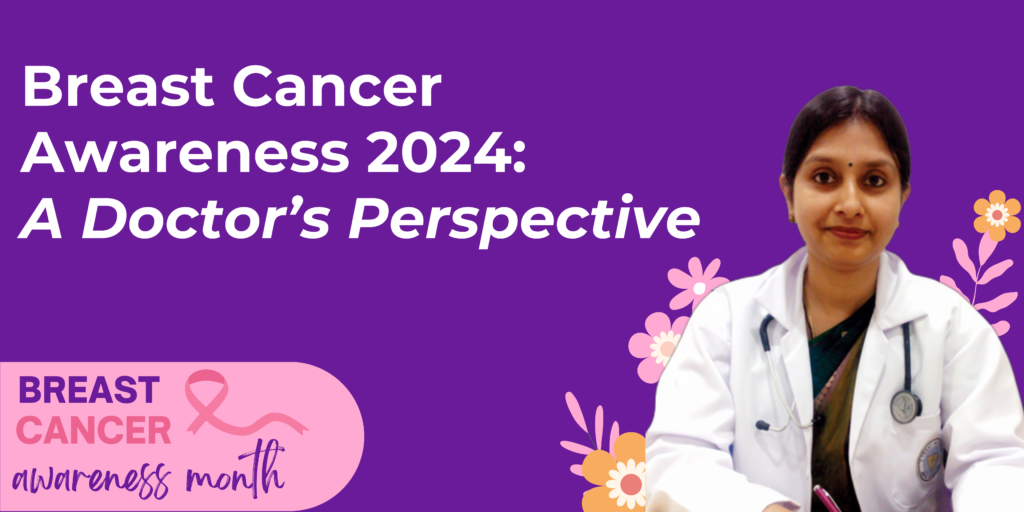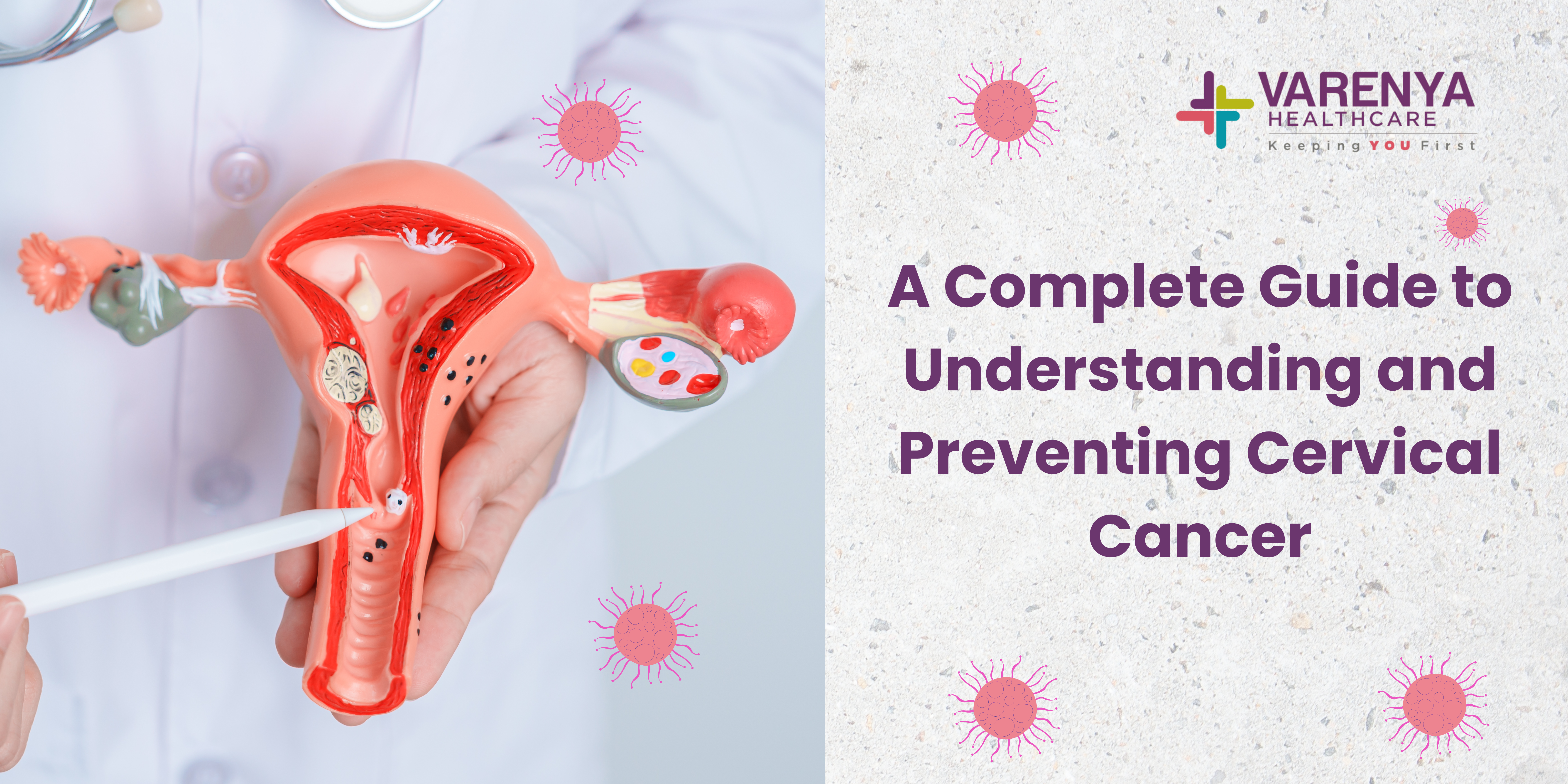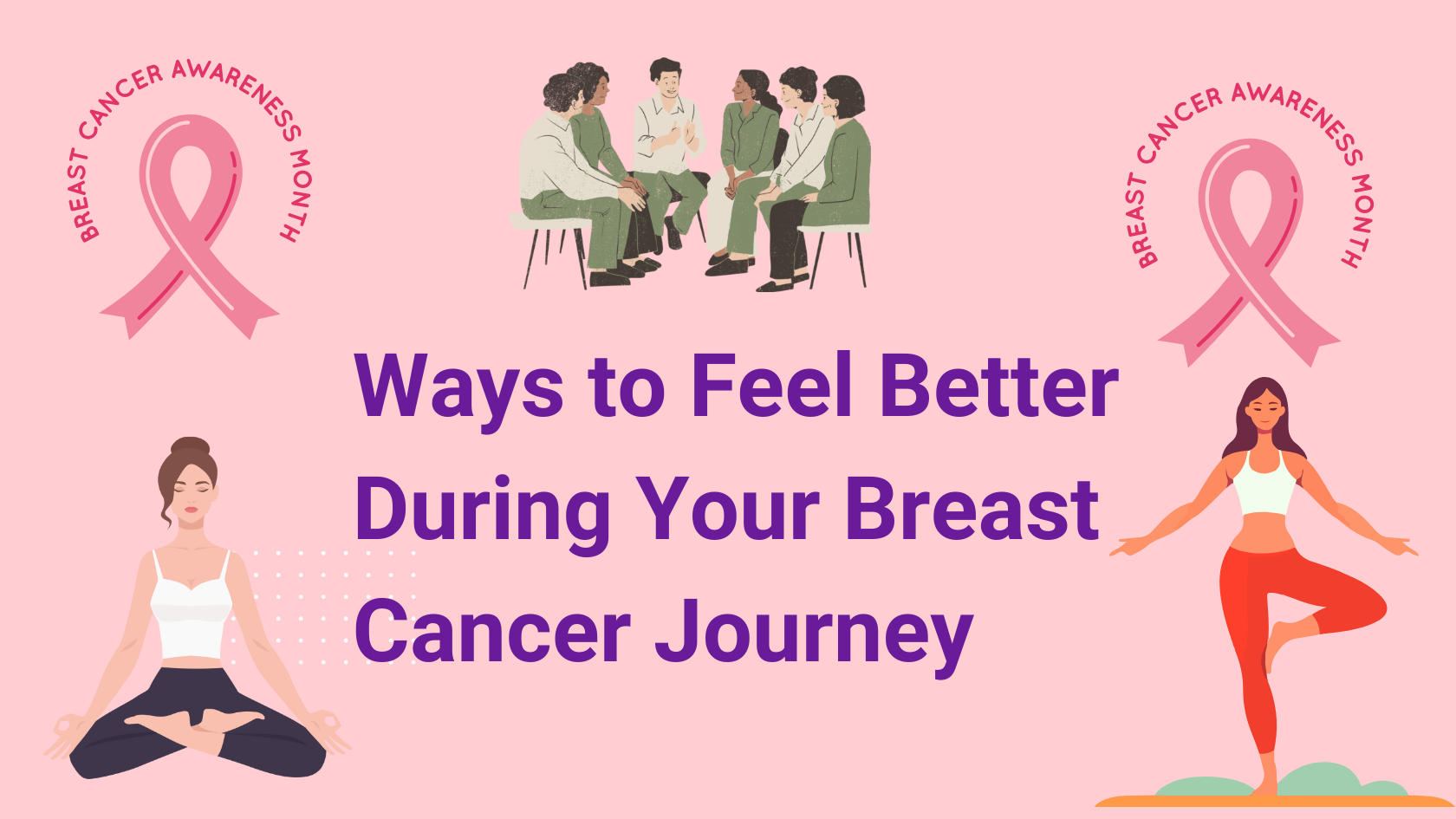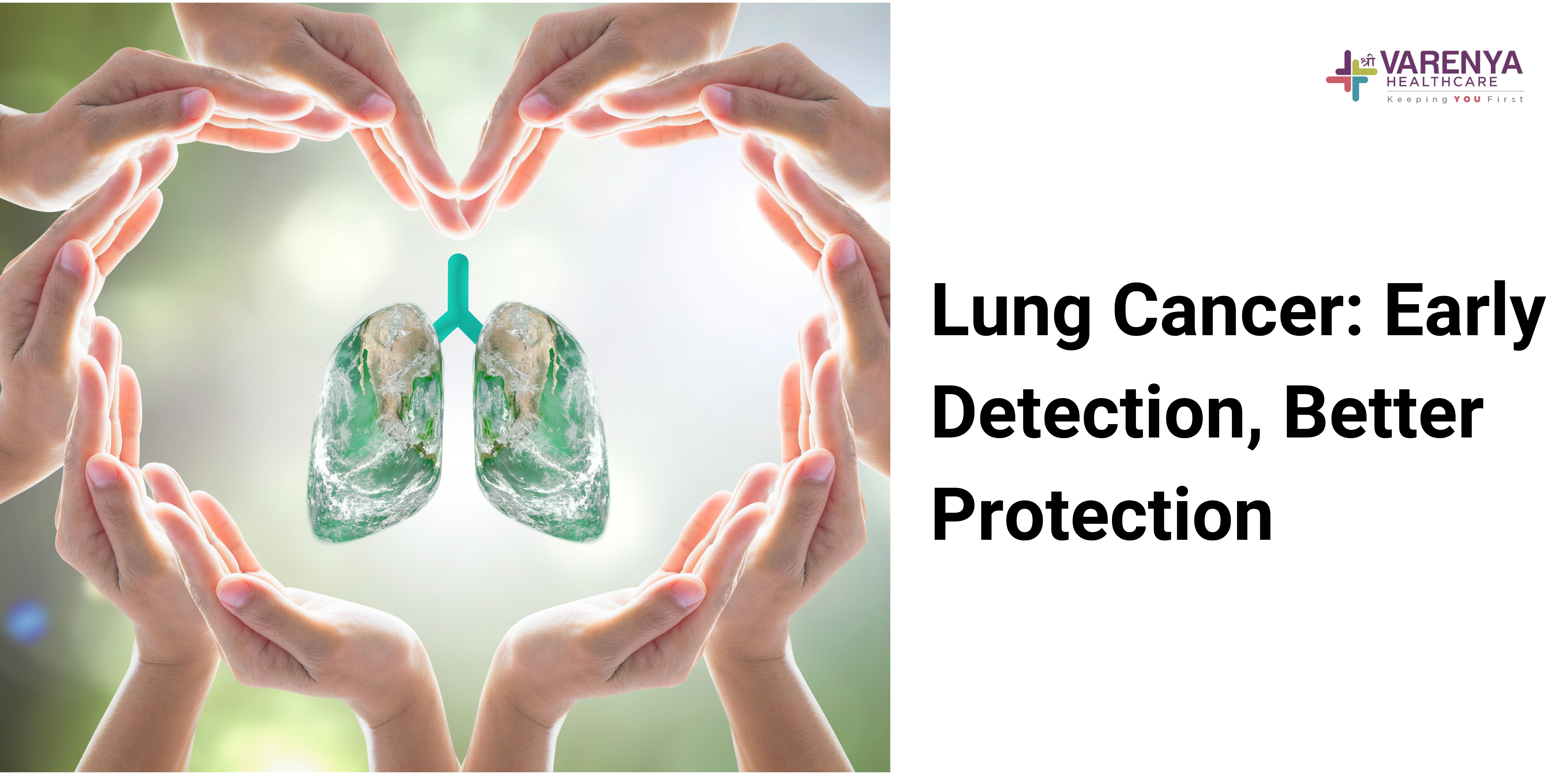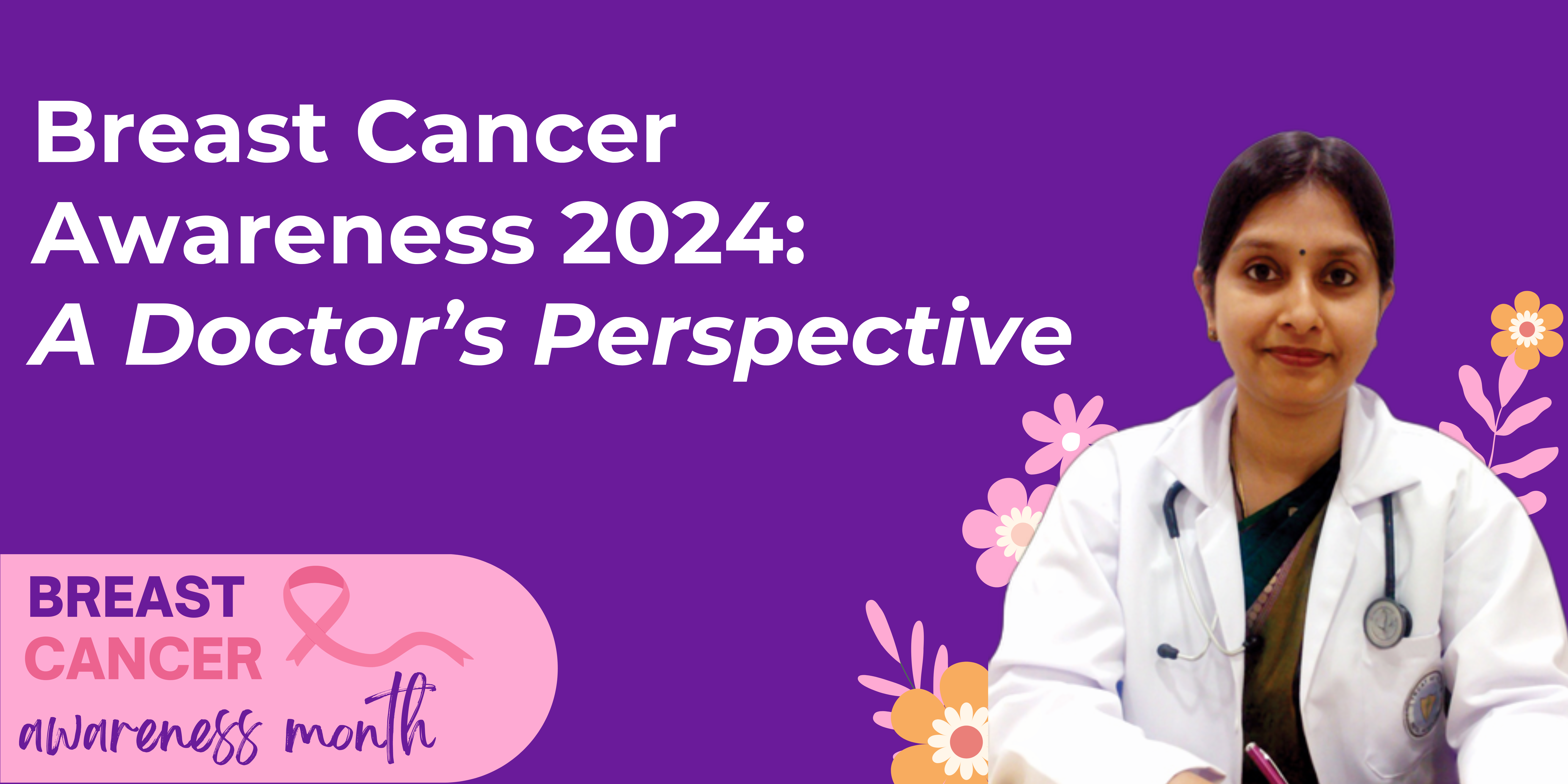
Medicine is frequently characterized as a science; however, for those of us working directly with patients, it encompasses far more than that.
As a physician, breast cancer has emerged as one of the most emotionally impactful subjects I have faced throughout my career. This is not due to its severity compared to other diseases, but because it profoundly affects individuals physically and emotionally.
Today, I wish to discuss breast cancer, not solely from a clinical perspective, but from the viewpoint of someone who has witnessed patients confront this illness, battle it with strong determination, and, at times, win this battle in the most inspiring manner.
The Truth Behind Breast Cancer
Breast cancer is one such disease that does not discriminate between age groups. It can affect women of all ages, backgrounds, and lifestyles.
Science has made progress in early detection and treatment, but the fact remains that breast cancer is still one of the leading causes of death among women globally.
Every October, we observe Breast Cancer Awareness Month. However, as a doctor, I believe this awareness shouldn’t be limited to just one month—it has to be a year-round commitment. Breast cancer doesn’t wait for October, nor should our efforts to educate, support, and encourage regular screenings.
It’s a conversation that needs to be done every day because early detection saves lives.
Today I shall highlight different breast cancers affecting the female population.
Types and Stages of Breast Cancer
Breast cancer is not a singular disease; it manifests in various forms and stages:
- Ductal Carcinoma In Situ (DCIS): A non-invasive form where abnormal cells are found in the lining of a breast duct.
- Invasive Ductal Carcinoma (IDC): The most common type, where cancer cells break out of the ducts and invade surrounding tissue.
- Lobular Carcinoma: Begins in the lobules (milk-producing glands) and can spread to surrounding tissues.
The stages range from Stage 0 (non-invasive) to Stage IV (advanced), indicating how far the cancer has spread
Risk Factors
Several factors can increase the risk of developing breast cancer:
- Genetic Factors: Mutations in genes such as BRCA1 and BRCA2 significantly elevate risk.
- Age: The risk increases as one age, particularly after 55.
- Lifestyle Choices: Factors like obesity, alcohol consumption, and lack of physical activity can contribute to higher risk levels.
Understanding these risk factors is crucial for prevention and early detection strategies
The Importance of Early Detection
Early detection is critical in improving survival rates for breast cancer. When diagnosed at localized stages, the five-year relative survival rate can be as high as 99%
Screening Methods
Regular screening is essential for early detection. Key methods include:
- Mammograms: X-ray imaging of the breast that can detect tumors before they are palpable.
- Breast Self-Exams (BSE): Encouraging women to familiarise themselves with their breasts helps identify any changes early.
- Clinical Breast Exams: Conducted by healthcare professionals to check for lumps or other changes.
The American Cancer Society recommends that women begin annual mammograms at age 40 or earlier if they have higher risk factors.
Signs and symptoms of breast cancer may include:
- A breast lump or thickened skin area that feels different from the surrounding tissue.
- A nipple that looks flattened or turns inward.
- Changes in the color of the breast skin. The breast skin may look pink or red in people with white skin. In people with brown and Black skin, the breast may look darker than the other skin on the chest or red or purple.
- Change in the size, shape, or appearance of a breast.
- Changes to the skin over the breast, such as skin that looks dimpled or looks like an orange peel.
- Peeling, scaling, crusting, or flaking of the skin on the breast.
- Any discharge from the nipples.
When to see a doctor?
If you find a lump or other change in your breast, make an appointment with a doctor or other healthcare professional. Don’t wait for your next mammogram to see if the change you found is breast cancer. Report any changes in your breasts even if a recent mammogram showed there was no breast cancer.
Did you know cancer can be prevented?
Preventing breast cancer involves a combination of lifestyle choices, regular screenings, and awareness of family history. Here are several strategies to help reduce the risk:
- Maintain a Healthy Weight
- Obesity, especially after menopause, is linked to a higher risk of breast cancer. Aim for a balanced diet and regular physical activity to maintain a healthy weight.
- Regular Exercise
- Engage in at least 150 minutes of moderate aerobic exercise or 75 minutes of vigorous exercise each week. Physical activity can help maintain a healthy weight and lower hormone levels linked to breast cancer.
- Healthy Diet
- Eat a diet rich in fruits, vegetables, whole grains, and lean proteins. Limit saturated fats, processed foods, and added sugars. Some studies suggest that a Mediterranean diet may be beneficial.
- Limit Alcohol Intake
- Alcohol consumption is associated with an increased risk of breast cancer. Women should limit alcohol to no more than one drink per day.
- Quit Smoking
- Smoking is linked to several cancers, including breast cancer. Quitting smoking can improve overall health and reduce cancer risk.
- Regular Screenings and Self-Exams
- Perform monthly breast self-exams and schedule regular clinical breast exams and mammograms as recommended by your doctor, especially if you have a family history of breast cancer.
- Know Your Family History
- If breast cancer runs in your family, discuss genetic testing and risk-reduction strategies with your healthcare provider.
- Hormone Therapy Awareness
- If you’re considering hormone replacement therapy (HRT) for menopause symptoms, talk to your doctor about the risks and benefits, as some forms of HRT may increase breast cancer risk.
- Breastfeed If Possible
- Breastfeeding may slightly lower the risk of breast cancer.
- Consider Preventive Surgery or Medications
- For women at very high risk (e.g., those with BRCA1 or BRCA2 gene mutations), preventive mastectomy or medications like selective estrogen receptor modulators (SERMs) may be options to discuss with a healthcare provider.
Support and care for cancer survivors
One thing I’ve learned over the years is that breast cancer doesn’t just affect the person diagnosed—it impacts their entire circle. Family members, friends, and colleagues all go through the emotional rollercoaster. This is why having a support system is so crucial.
For patients, finding a community of survivors can be incredibly empowering. Support groups like the cancer support community Aastha, online forums, and even social media can provide a sense of belonging and hope. It’s a reminder that they’re not alone in this fight.
I’ve often seen spouses and children shoulder the emotional and physical burdens of caregiving without realizing how much it’s affecting them.
Individual counseling or family counseling can make a significant difference in navigating these challenges.
In the end, I would like to acknowledge the fact that Breast cancer is a journey—a journey no one asks for, but one that many find themselves on.
As a doctor, my role is not just to treat the disease but to walk alongside my patients, offering them hope, guidance, and unwavering support
In my life as a cancer specialist, I have witnessed many brave warriors and survivors who have fought this battle with great strength and resilience.
This Breast Cancer Awareness Month, I pledge to guide and encourage every woman to prioritize their health by getting screened annually.
Early detection can make all the difference, and together, we can work to catch this disease before it progresses, saving more lives along the way.
If you all are with me in my mission book your slots for early cancer screenings at our clinic under expert guidance.
Visit our website to confirm your slots.
